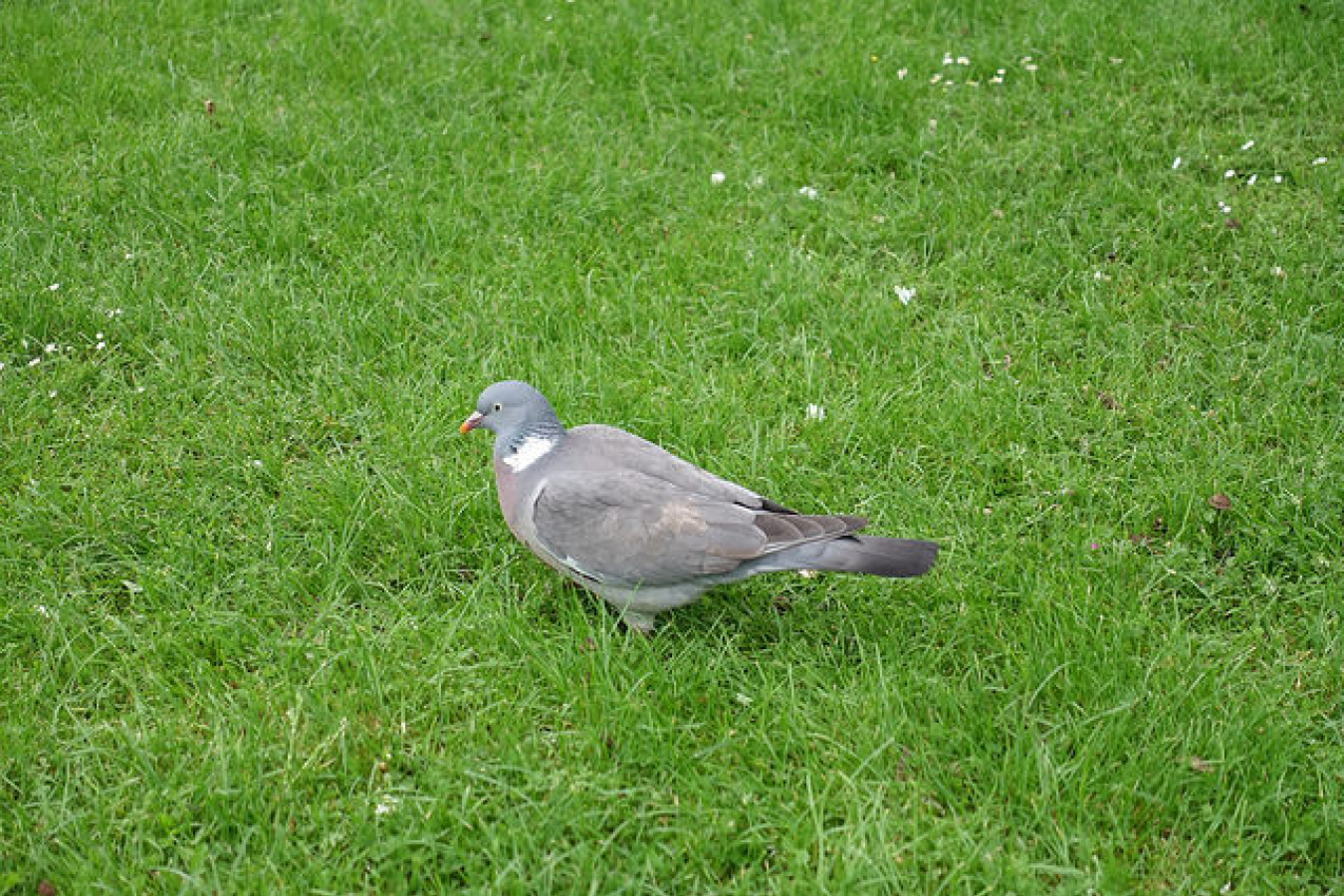Support migrant centric journalism today and donate

The French government has modified certain aspects of its immigration policy after riots in poor suburbs earlier this month - even though most of the rioters were born in France.
Under pressure from right-wingers in his own party, Prime Minister Dominique de Villepin announced plans to restrict the re-unification of immigrant families and to impose tighter selection rules on foreign students from outside the EU.
The French government will also make it more difficult to win the right to come to France, or become French, by marrying a French citizen. Marriages between French men and women and non-EU foreigners have more than doubled to 34,000 a year in the past decade, and are now the biggest single source of immigration to France.
In future, a foreigner will have to prove they have lived with their French spouse for two years before they earn the right to French citizenship.
M. de Villepin also called yesterday for tougher enforcement of existing French laws against polygamy. Two weeks ago he chided politicians in his own centre-right party, the UMP, when they suggested that large, polygamous, African families were one of the main causes of three weeks of rioting in the poorer suburbs and public housing estates in French towns and cities.
Left-wing politicians and anti-racist campaigners challenged the relevance of the measures. They said that of the 4,000 people arrested during the riots, only 120 were born outside France.
The riots were not caused by the current level of immigration, they said, but by the failure of the French state and society to absorb the second and third generations of the immigrant influx of the 1960s and 1970s.
M. de Villepin's tough line is partly intended to appease centre-right politicians who have blamed "immigration" for the riots. It is also an attempt to prevent the xenophobic far right from gaining electoral advantage from the riots in municipal elections next year and in national elections in 2007.





















